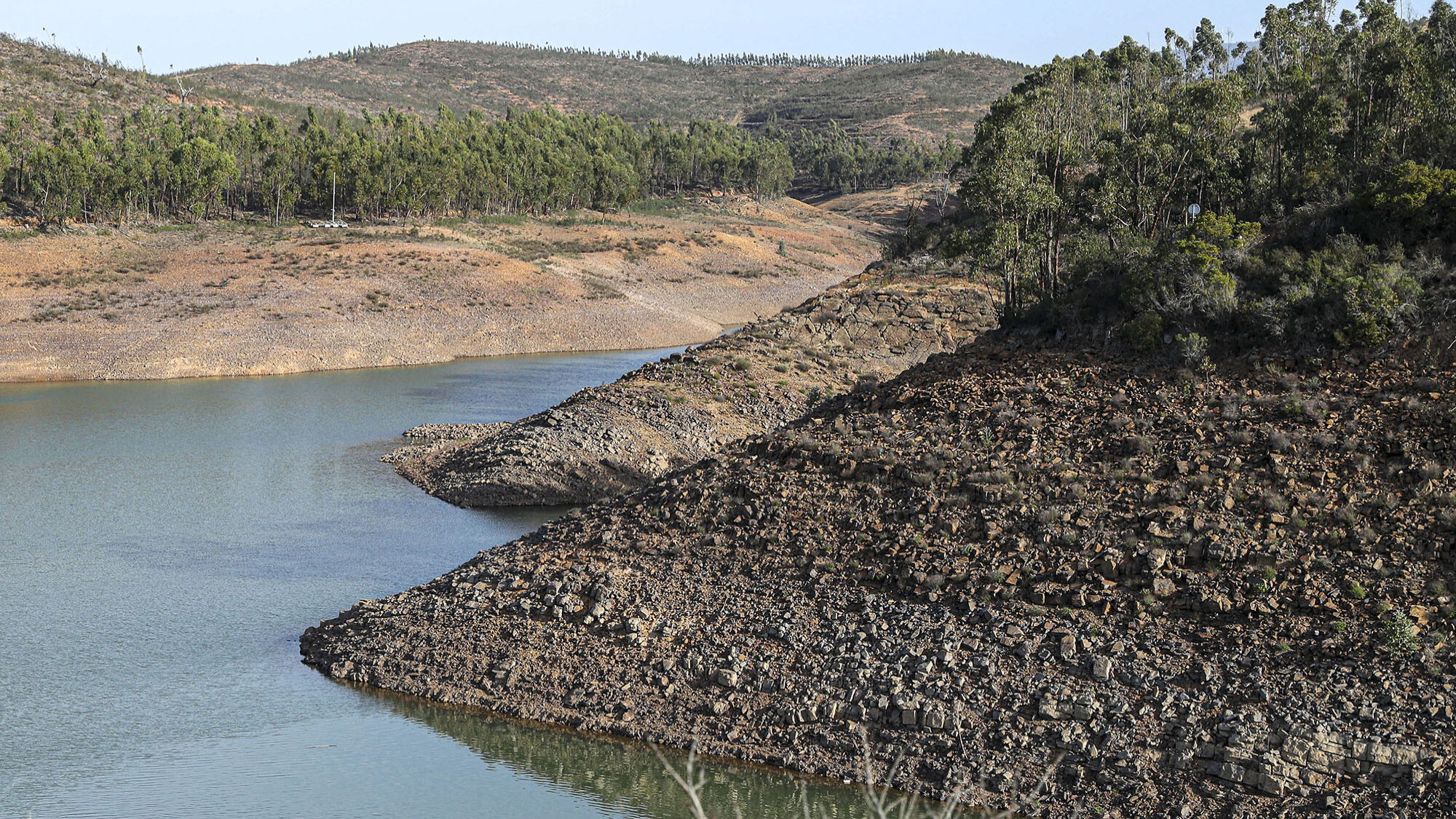Alentejo cereal production halved by this year’s drought
Last Thursday, the national meteorological institute, IPMA revealed that almost the whole of mainland Portugal was in severe drought at the end of May, the hottest and driest in 92 years.
Cereal production in the Beja district has been greatly affected by drought this year, and there have been falls “above 50%”, the presidents of a cooperative and a farmers’ association revealed on Tuesday.
Speaking to Lusa news agency, the president of the Beja and Brinches agricultural cooperative (CABB), Fernando Rosário, acknowledged that this “it has been a bad year” for cereals in the area of influence of the entity, which covers mainly the Alentejo municipalities of Beja and Serpa.
“The drought has damaged us a lot” and, “although the crops have not lost so much potential in the best land around Beja, as we evolve to slightly weaker soil we start to see significant losses,” he said.
Rosário added that in the so-called ‘Beja clays’, the crops even held up, “but lost a large part” of their “productive potential”.
“The meaning of this is that the crops were maintained, which in some places are relatively beautiful, but saw their productive potential reduced by practically half, in other words, it’s a bad year”, he added.
Further south, in the so-called Campo Branco, which covers the municipalities of Castro Verde, Almodôvar and Ourique and part of the municipalities of Aljustrel and Mértola, the picture is identical, at a time when many farmers are already harvesting.
“Yields are well below what we would call reasonable and production, both of cereals and straw, is very low,” as “as well as very reduced production of hay and hayseed,” said the president of the farmers’ association of Campo Branco, José da Luz Pereira, to Lusa.
According to the leader of this association, based in Castro Verde, the fall in cereal production in this area “is much higher than 50%”, and there are even areas “where production will be very close to zero”.
Apart from the fact that production is “low”, it also “lacks quality”, added José da Luz Pereira, justifying this situation with the fact that there was “no rain during the winter”.
“At this age, and with all the years I’ve been farming, I don’t remember this happening. It’s all bare field and a very difficult year,” he said.
In addition to the impact on cereal production, the CABB president also said he feared the effect of the current dry spell in the region on watering livestock “during the summer”, foreseeing a reduction in livestock numbers in the region.
“Every year farmers leave a part of the offspring of their livestock for breeding and this year, for the first time, we have found that most of our producers are not leaving replacement stock. This is a reflection of the difficulties we are going through”, he concluded.
Last Thursday, the national meteorological institute, IPMA revealed that almost the whole of mainland Portugal was in severe drought at the end of May, the hottest and driest in 92 years.
At the end of the same month, there was also a significant decrease in the percentage figures of water in the soil throughout the country, with the North and Centre interior region, Tagus Valley, Alentejo and Algarve standing out, with figures below 20 per cent.
